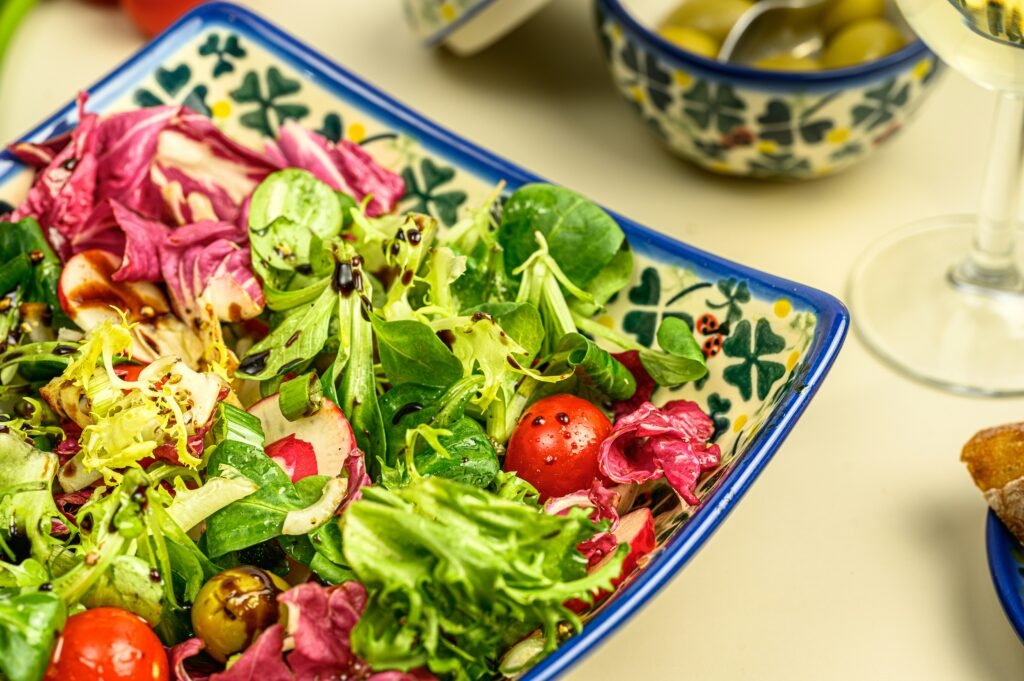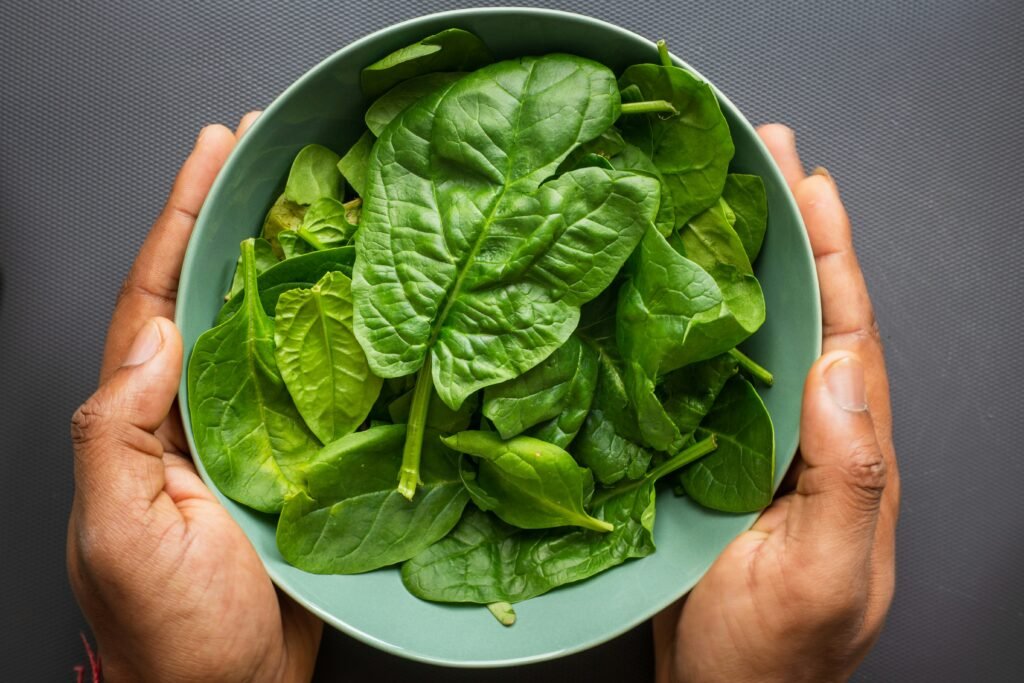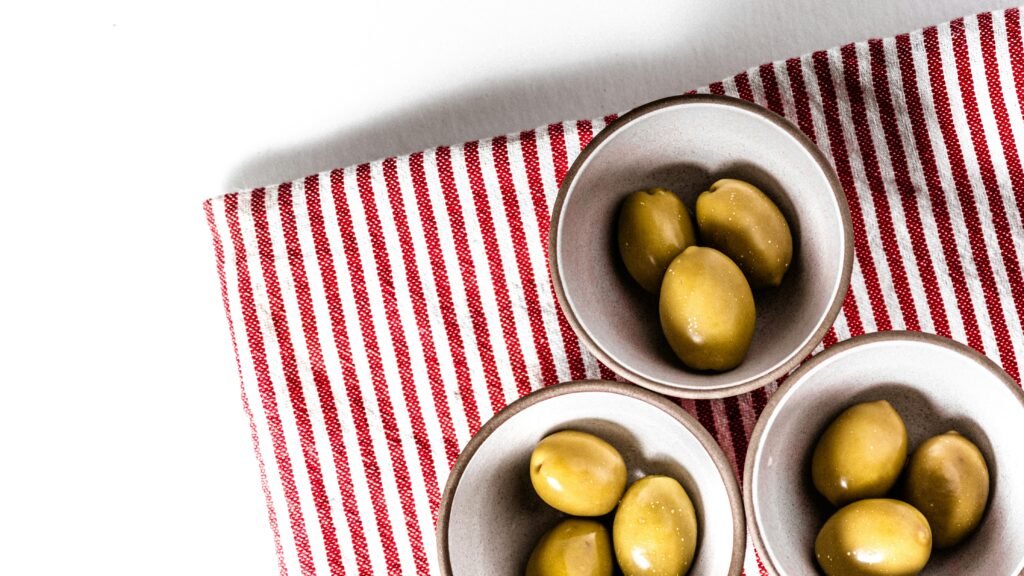Living with postural orthostatic tachycardia syndrome (POTS) can be like figuring out a complicated puzzle. There’s a lot of confusing information online about which foods are good for managing POTS symptoms. People with POTS often deal with dizziness, feeling faint, and stomach problems like bloating, gas, diarrhea, and stomach pain.
To clear up the confusion, we talked to dietitians who specialize in this area. They’ve identified scientifically proven foods that can help ease POTS symptoms. Here’s what you should consider if you’re managing POTS.

Introducing POTS
POTS is a condition where your heart beats faster than usual when you go from lying down to standing up. It affects about 3 million people in the U.S. When you have POTS, your blood vessels don’t tighten properly when you stand, so blood collects in your legs.
This sudden heart rate increase can cause dizziness, feeling faint, tiredness, and nausea. POTS can make standing, walking, or doing everyday tasks hard.
Changing what you eat can make a big difference in managing POTS symptoms. Some foods, like those high in sodium, can help control low blood pressure, improve hydration, and ease symptoms like tiredness and dizziness.
Top 6 Foods to Help Manage POTS
1. Bananas
Bananas have lots of potassium and electrolytes. These are good for keeping your body balanced and your blood pressure normal, according to Erin Palinski-Wade, a dietitian who wrote the book 2-Day Diabetes Diet.

Also, bananas give you healthy carbs that can quickly boost your energy. This can help fight tiredness, which is often felt with POTS. You might want to try Two-Ingredient Banana Pancakes for a tasty and healthy breakfast choice.
2. Low-Fat Cottage Cheese
Low-fat cottage cheese is a great source of protein and calcium. Protein helps keep your blood sugar stable and strengthens muscles. Calcium supports bones and helps muscles work well.
According to Cassetty, “Cottage cheese has 14 grams of protein in half a cup and surprisingly, it also has 350 milligrams of sodium. Many foods have a lot of sodium, but it’s better to pick healthy foods that also have more sodium, and cottage cheese fits the bill. If lactose bothers you, you can get cottage cheese without lactose.”
Looking for ways to use cottage cheese in cooking? Explore our 11 Cottage Cheese Recipes You’ll Love Forever for ideas.
3. Spinach
Spinach is full of important nutrients like iron, vitamin C, and folate, which are great for people with POTS. Iron helps carry oxygen in your body and can reduce tiredness. Vitamin C helps your body absorb iron better, and folate supports red blood cells and heart health.

When you need a healthy side dish, try our Balsamic-Parmesan Sautéed Spinach.
Eating nutritious foods like spinach can really help manage POTS symptoms. “Spinach, being a leafy green vegetable, gives you fiber to keep your blood sugar steady for lasting energy. It also has magnesium and potassium to keep your electrolytes in balance,” says Palinski-Wade.
4. Bone Broth
A warm, comforting drink like bone broth can be really good for you if you have POTS. According to Cassetty, “Bone broth is hydrating and salty, with 290 milligrams of sodium in a cup. It also gives you 9 grams of protein. You can sip it like tea and have several cups a day to meet your sodium needs.”
Bone broth has electrolytes like sodium, potassium, and magnesium. These help balance fluids in your body and keep your muscles and nerves working right. This is especially helpful for managing symptoms like feeling lightheaded or dizzy.
Looking for some healthy bone broth recipes? Check out these 7 Best Bone Broths, Tested and Reviewed by Experts.
5. Walnuts
Walnuts are packed with nutrients like heart-healthy fats, protein, and antioxidants. The omega-3 fatty acids in walnuts can reduce inflammation and keep your heart healthy. Protein helps keep your blood sugar steady and makes your muscles strong.

If you want ideas for eating more walnuts, try our Walnut-Rosemary Crusted Salmon.
According to Palinski-Wade, “Walnuts have magnesium, which is important for controlling blood pressure and heart rate. The healthy fats and protein in walnuts give you lasting energy, which can help fight fatigue linked to POTS.”
6. Olives
Olives are a tasty addition to a diet that helps with POTS. They have heart-healthy fats called monounsaturated fats, plus important nutrients like vitamin E and iron. Monounsaturated fats are good for your heart and can lessen swelling.
Vitamin E is an antioxidant that helps your immune system. Also, olives have polyphenols that act like prebiotics, which can ease stomach problems linked to POTS.
And don’t forget how salty they are. According to Cassetty, “A small serving of jarred or canned olives, about four olives, has around 350 milligrams of sodium. This helps you get enough sodium.” Try our Garlic-Chile Marinated Olives for a burst of flavor.

[…] addition to eating right, it’s also important to consider your sleep quality, perfect diet, exposure to toxins, and manage any stress you may have. Korzeniewski points out that healing your […]